
Remember when Grandma gave ‘that’ look for putting elbows on the table or texting during dinner? Yeah, those days are gone. What she called rude is now totally normal. Want to know what habits made the cut? Swipe next and find out what’s officially no longer a crime.
Using Your Phone At The Dinner Table
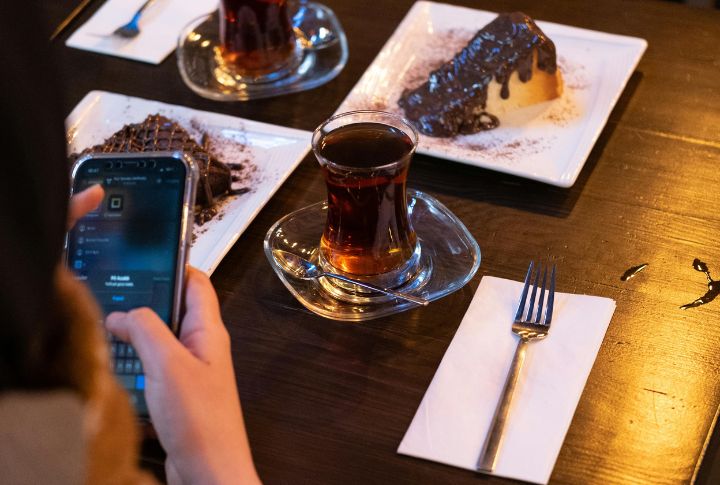
Phones at dinner aren’t taboo anymore. At home or with friends, people text, scroll, and share videos. It feels casual and social. Still, not every setting is the same. At work dinners or on dates, using the phone can seem rude. Hence, read the room before reaching for your screen.
Leaving Someone On Read
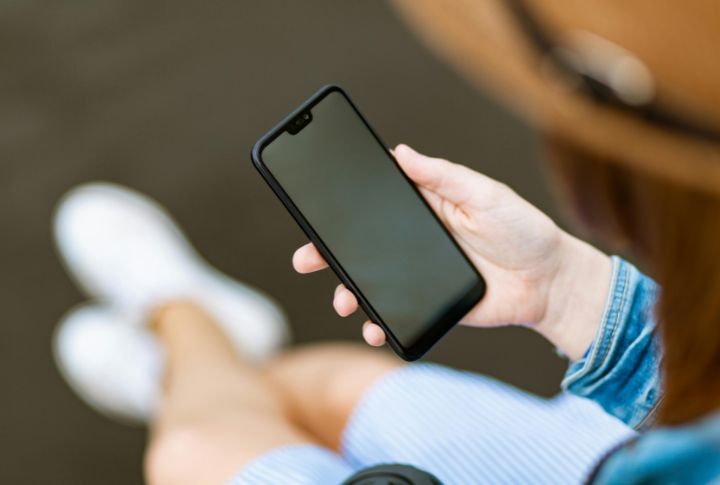
Getting left on “seen” doesn’t always mean you’re being ignored; it’s often just part of today’s digital rhythm. Most people no longer expect instant replies as life gets busy, and emotional space matters. Several apps even hide read receipts to ease pressure. Waiting to respond can show thoughtfulness, not disrespect.
Using Emojis In Work Emails
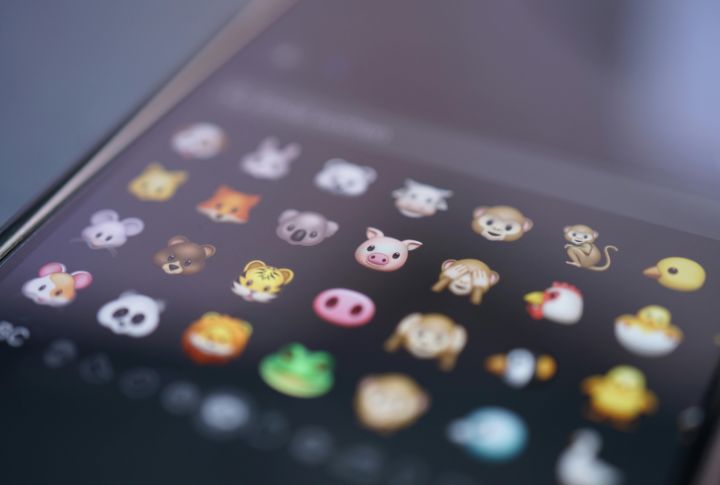
Emails used to be emoji-free zones, but not anymore. A simple smiley or thumbs-up can make messages warmer and clearer. In relaxed workplaces, emojis help teams connect. When used wisely, they also bridge the gap between formal words and real feelings. Just don’t overdo it, as less is still more.
Saying No To Unexpected Guests

People value their time and privacy more than ever—that’s why random pop-ins don’t fly anymore. After all, schedules are packed, and privacy’s a priority. A quick “you home?” text goes a long way. Plus, doorbell cameras are total lifesavers. In the end, it’s not shade but space. So, respect the vibe before you knock.
Sending Texts Instead Of Calling
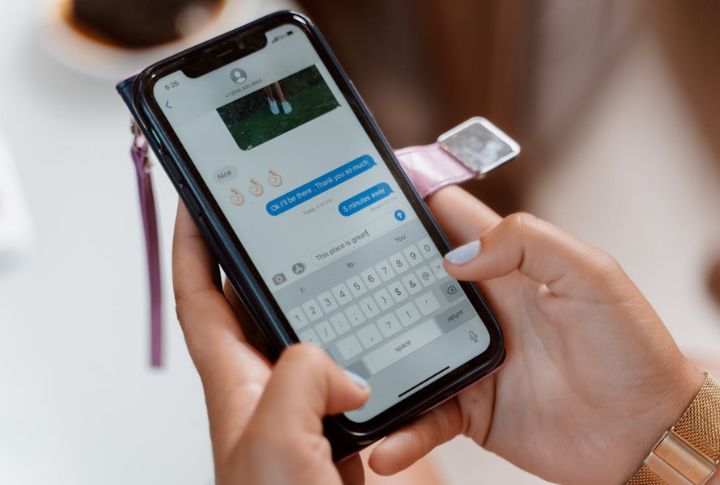
Texting dominates modern communication. Unlike spontaneous calls, texts allow time to craft responses and manage availability. Many find them less disruptive and more efficient. Group texts streamline coordination, replacing outdated phone chains. The shift reflects a broader preference for control, clarity, and reduced pressure in everyday interactions.
Skipping The Handshake

Handshakes are nearly outdated. Since 2020, people have opted for fist bumps or just a quick nod. It’s hygienic, and no one feels awkward. Plus, some folks never liked touching strangers anyway. Nowadays, asking “okay to shake?” shows you’re respectful, not weird. Times changed, and so greetings did too.
Not Answering The Door For Strangers
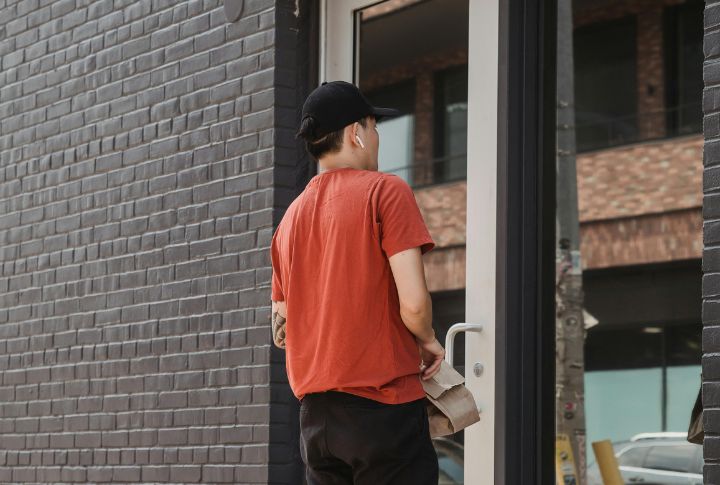
Fear of scams and break-ins has changed how people answer the door—many just don’t. Ignoring unknown knocks isn’t rude; it’s smart. Doorbell cameras and smart locks let you check first, open later—or not at all. Especially when home alone, caution comes first. Safety outweighs politeness every time.
Asking For Digital-Only Invites Or RSVPs
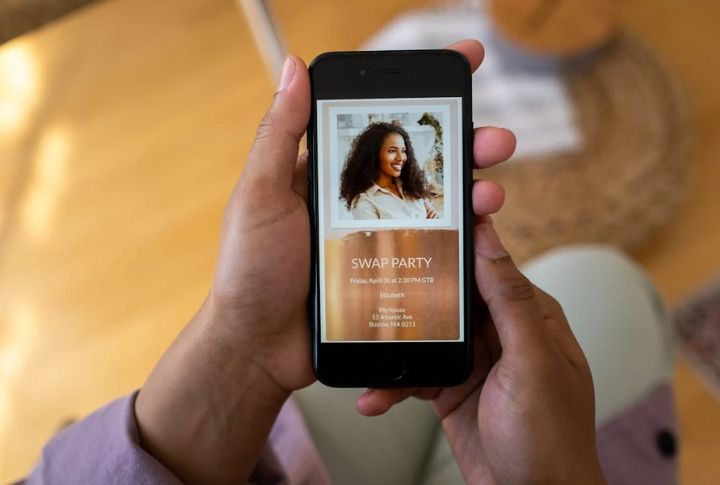
What used to arrive in envelopes now shows up on screens. Event invites have gone digital, with texts and emails replacing paper for speed and convenience. Today, RSVP tools make it easy to confirm, cancel, or adjust plans in seconds. As a result, the process feels more thoughtful and efficient.
Choosing Comfort Over Contact

Turning down a hug has become more common in everyday interactions. As consent culture grows, people feel confident expressing their comfort levels. In response, waves or verbal greetings have replaced physical contact in many situations. Even within families, asking before hugging shows respect. Clear boundaries reflect self-awareness and care.
Skipping Small Talk In Public Places
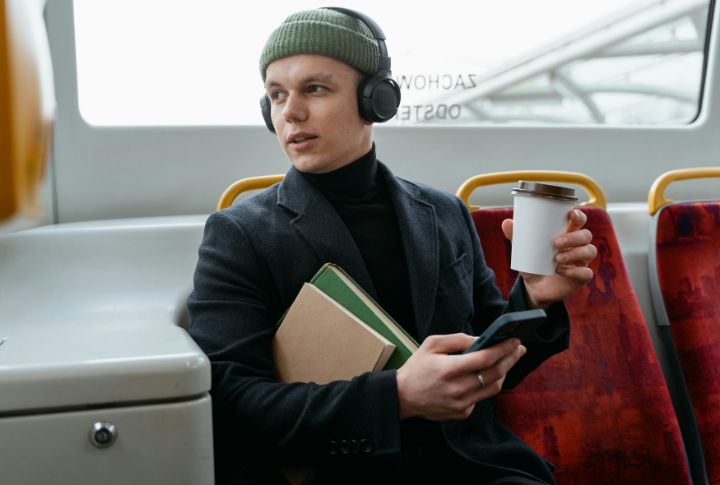
People crave personal space and mental silence; that’s why public silence has become the norm. In places like elevators and waiting rooms, most avoid small talk and keep to themselves. Headphones go in, conversations stay out. These unspoken rules are a way to respect boundaries without saying a word.

